During pregnancy the woman’s body goes through many changes, the most significant of all, are hormones. The issue of postpartum depression or PPD is very delicate for many of us. It is important to emphasize that not only hormones cause this feeling of sadness and anxiety, but also nutritional deficiencies and other factors such as the body changes that women suffer during pregnancy. In this post, we are going to talk about postpartum depression and how it affects the vast majority of us and I will give you tips to deal with this and feel better. Ready? Let’s begin.
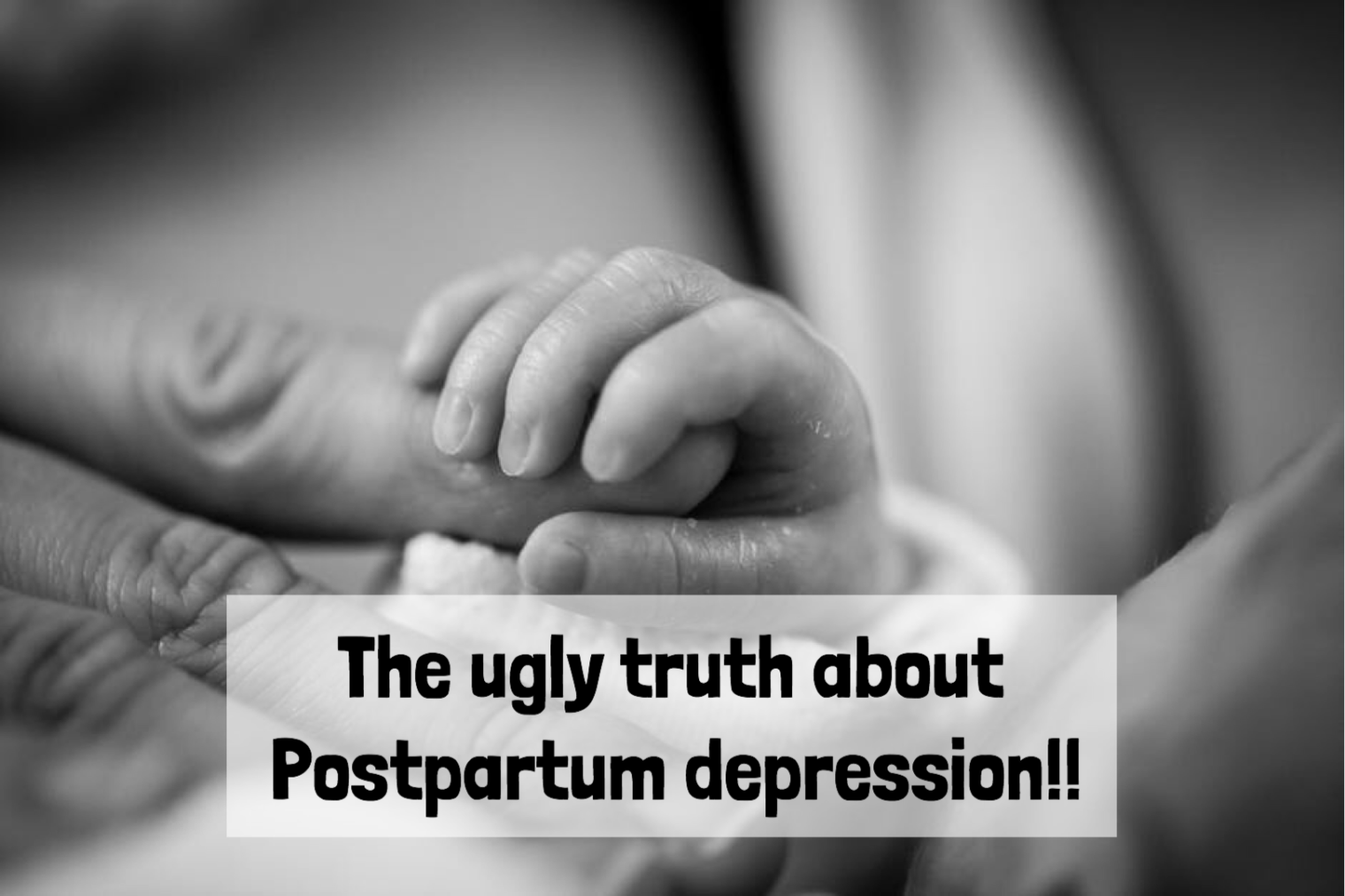
Statistics about Postpartum depression.
Based on a study by the CDC, it showed that about 1 in 9 women experience symptoms of postpartum depression. Estimates of the number of women affected by postpartum depression differ by age and race or ethnicity. Additionally, postpartum depression estimates, vary by state and can be as high as 1 in every 5 women.
It’s common for women to experience stress, sadness, loneliness, and exhaustion after giving birth. But some women experience postpartum depression that makes it difficult for them to care for themselves or their babies after giving birth. Here are more statistics on postpartum depression:
- One in seven women will experience postpartum depression.
- Half of all women diagnosed with postpartum depression have never had an episode of depression before.
- About half of all women who are eventually diagnosed with postpartum depression began experiencing symptoms during pregnancy.
What is postpartum depression?
Postpartum depression is a mood disorder that can affect women after giving birth.
Causes of postpartum depression.
The cause of the onset of postpartum depression is usually not for a specific isolated cause, but a combination of physical and emotional factors.
Physical causes.
Hormonal changes: An abrupt release of estrogen and progesterone hormones occurs hours after delivery. This abrupt breakdown can cause depression and changes in mood.
Personal or family history of depression prior to pregnancy: Women who have a family history, or who have previously suffered from depression, have a higher risk of suffering from postpartum depression.
Fatigue: The hours after delivery are followed by long periods of sleep deprivation, tiredness, and the pain of recovery, all this can trigger symptoms of depression.
Emotional causes.
- Feelings of doubt, fear, anxiety about not knowing how to care for a baby.
- Have anxiety about financial problems.
- You may feel less attractive to your partner.
- Struggle with your sense of identity.
- You might feel that you lose control over your life.
Difference between the symptoms of baby blues versus postpartum depression.
During the postpartum period, mothers experience a wide variety of symptoms and emotions. To understand specifically postpartum depression it is important to know that started 2 days after delivery until 2 weeks later something that is known as baby blues, a mild form of postpartum depression, can occur. For some women, the symptoms are much more severe and lasting more than for others and these are the ones that fall into the category of postpartum depression.
What are the symptoms of baby blue?
The symptoms of baby blue can last from 3 to 5 days after the baby is born, and these symptoms may include.
- Mood swings.
- Anxiety.
- Sadness.
- Decreased appetite.
- Irritability.
- Difficult sleep.
- Crying.
- Feeling overwhelmed.
Just after delivery, the symptoms of postpartum depression can be confused with the symptoms of baby blue. It is only until the time passes, and it can be noted, that the symptoms of postpartum depression are more severe, profound and last longer (more than 2 weeks) compared to the symptoms of baby blue. In addition, the symptoms of postpartum depression can become so intense that they can interfere with the mother’s ability to care for the infant and perform other tasks of daily life with a baby.
Symptoms begin in moderation and gradually intensify. They can start before giving birth, or after.
Sharing is caring!
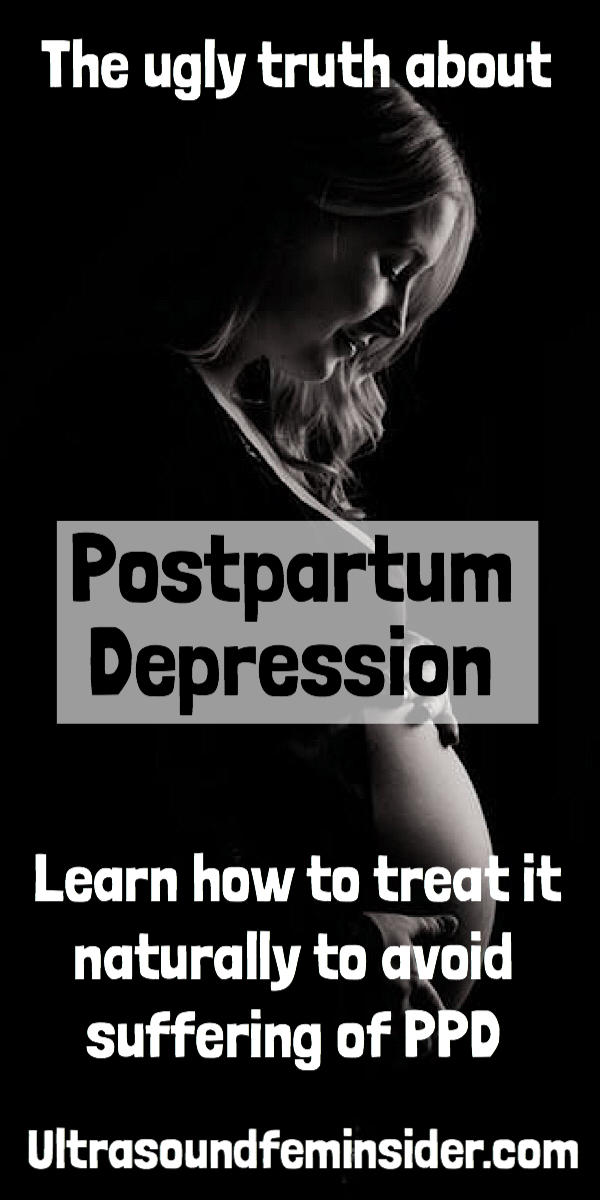
These are the symptoms of postpartum depression.
- Difficulty bonding with the newborn.
- Panic attacks.
- Crying excessively.
- Severe mood swings.
- Depressed mood or severe mood swings.
- Distance from partner, family, and friends.
- Big loss of appetite.
- Insomnia or excessive sleeping.
- Hopelessness
- A diminished ability to make decisions or function mentally well.
- Feelings of shame, guilt, or worthlessness.
- Severe anxiety.
- Feelings or thoughts of suicide against you or the baby.
- Restlessness.
When is the appropriate time to visit the doctor?
After giving birth, if some of the symptoms mentioned here previously occur, the answer to this question is: Visit the doctor as soon as possible, do not wait for the postpartum visit at 6 weeks. Make an appointment as soon as possible and visit the doctor.
But especially if:
- The symptoms you are feeling do not improve after 2 weeks, or they are getting worse.
- It is hard for you to take care of your baby, or do the housework or complete everyday tasks.
- Thoughts of suicide or harming yourself or the baby begin to occur or get worse.
Who are the women who have a higher risk of suffering PPD?
- You have a personal or family history of depression.
- A bipolar disorder.
- A previous pregnancy where you suffered postpartum depression.
- Stress levels were high during pregnancy or you suffered traumatic events during the last 1 year.
- Anxiety caused by a complicated pregnancy or a previous child with special needs.
- Anxiety caused by difficulties in breastfeeding.
- Problems in your relationship with your spouse or significant other.
- You have a weak support system.
- You have financial issues.
- This pregnancy was unplanned or unwanted.
Related posts:
Baby essentials, checklist for the registry included.
Baby sleep training. The complete guide.
Newborn developmental milestones, first 3 months.
Infant developmental milestones. 4 to 7 months.
Prevention.
Due to the increase in cases of postpartum depression in the last decade, medical offices perform a screening test that is specifically designed to detect depression during pregnancy. Another test is performed on the postpartum visit.
If there is a slight suspicion that the patient is suffering from severe depression, the treatment can be Antidepressants, even if the baby is not yet born. In mild cases of depression, group therapies may be indicated and good enough.
Let’s take a look at how to avoid naturally suffering from postpartum depression.
- Take before, during and after giving birth vitamin supplements, with sufficient levels of Vitamin B12, Acid folic and Omega 3.
- Practice moderate exercises if is not contraindicated.
- Deficits in Vitamin C from the sun has been linked to postpartum depression. Therefore catch a little more sun.
- Inhalation of essential oils such as Rose oil and lavender oil can trigger a feeling of well-being, thus dissipating symptoms of depression.
- Makes meditation part of your daily routine. Meditation helps to calm your mind and relax.
- Limit caffeine intake.
- Avoid drugs altogether.
- Meet new moms, socialize and speak up about your feelings.
- Talk to someone you trust. It can be family or friends.
- Make time for you, and prioritize the care of your body.
- Ask for help if you need it.
- Rest as much as you can.
Final thoughts.
Postpartum depression is a serious mental illness that involves the brain and affects mood, personality, and behavior. If left untreated, it can have long-term consequences for the mother, for the parents and even the children on the family.
It is very important to talk, because there is help, and you are not alone. Also, in very severe cases of postpartum depression, another condition called postpartum psychosis can develop, therefore proper treatment at the right time is really important to avoid further damage.
I hope this article has been able to help you in some way. I will see you next time.
Zadi, xo
Disclaimer: The medical information on this post is for educational and entertainment use only. Under no circumstances, the information in this post is to replace your doctor’s advice or to treat any disease. For proper care always visit your doctor.
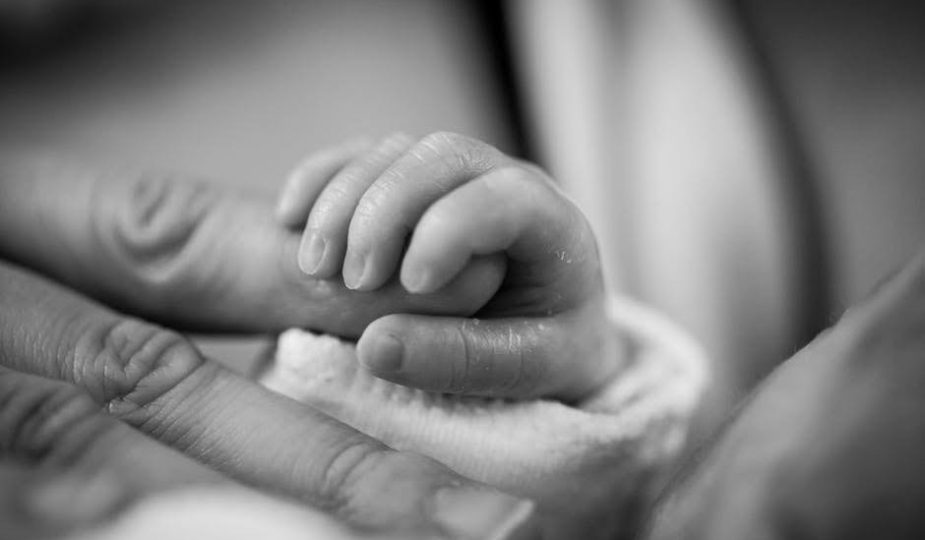

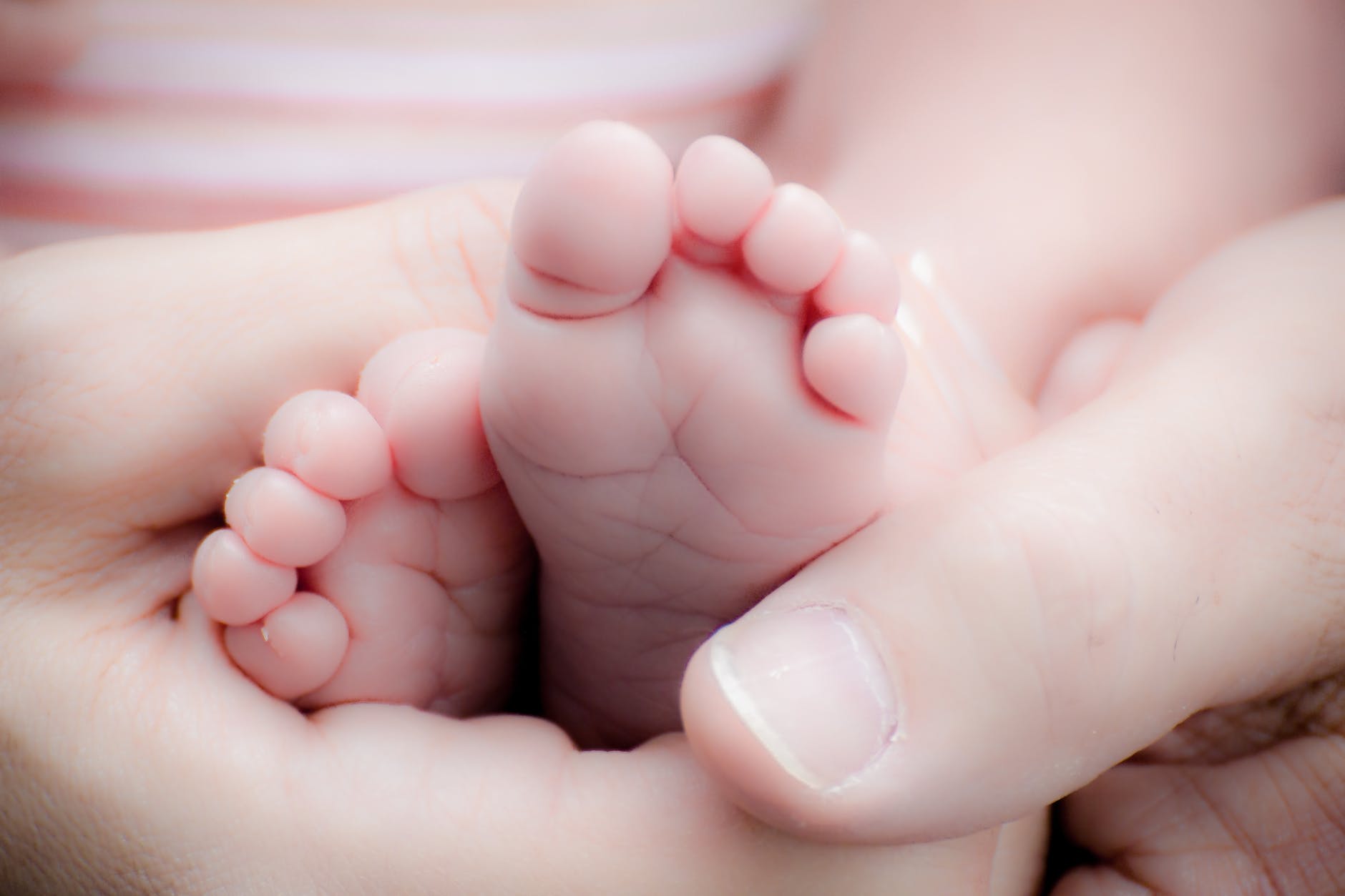
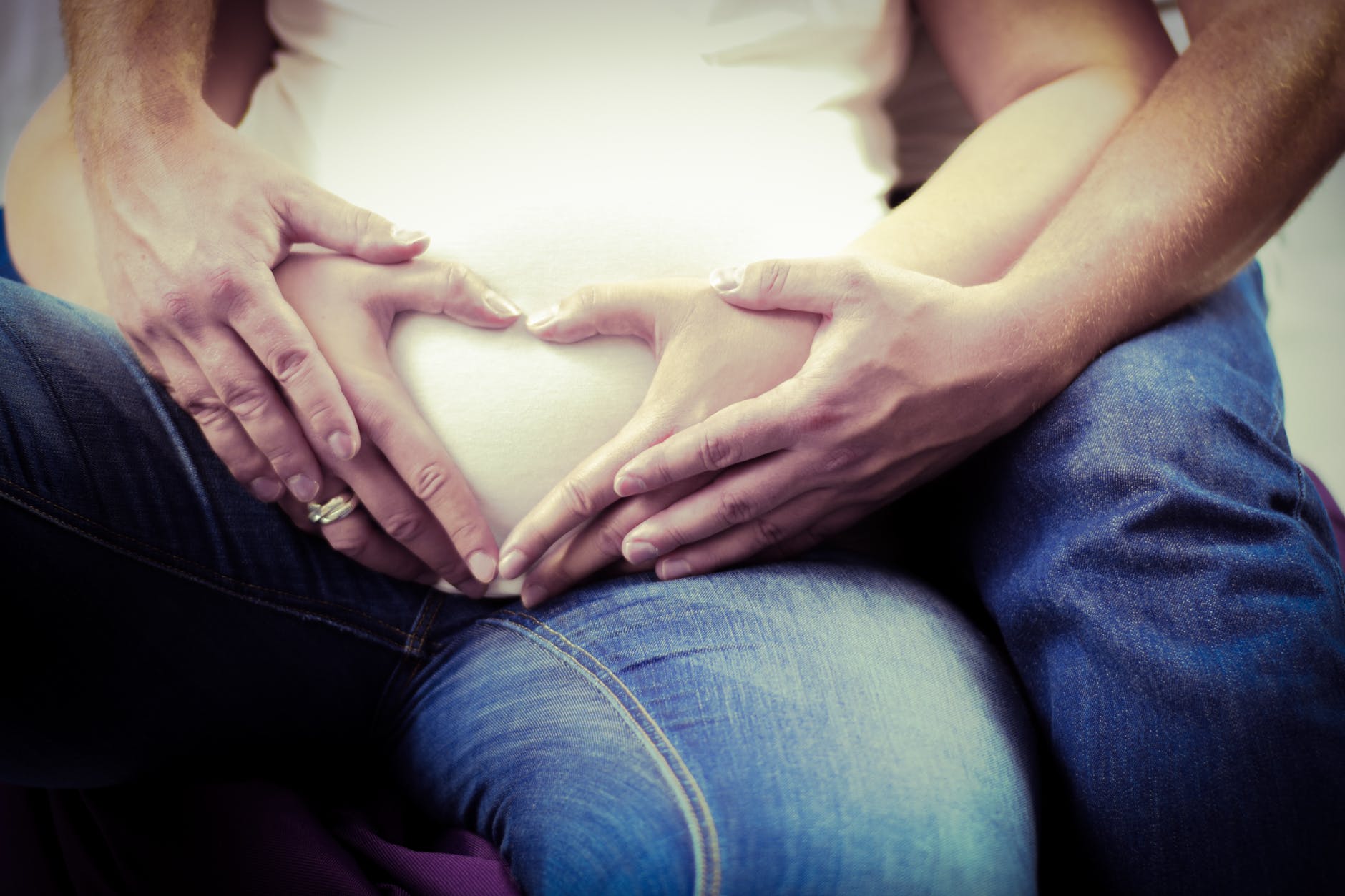






Wow of all the things I have seen on this blog, this is one of the most important ones because having a baby is a very beautiful thing but what also comes along with that is plenty of changes, adjusting and unfamiliar things that can really take a toll on everyone, more so on the women which can severely affect their mental ability, and when that happens as you noted, it opens up the door for many many physical dysfunctions and hinderances.
This was a real eye-opener especially seeing it from my perspective as a guy that completely has no clue about this side of things. You typically hear about the ultrasounds where you can see the baby and the nine-month cycle and things like that, but postpartum depression side of things, an yet alone how to deal with it, is not something I can say comes up very often. Great read Zadi
Thank you so much dear, It’s an honor to my that everyone in my blog is learning and taking a good lesson out of my posts ?
Absolutely my friend <3 <3; you speak with such benevolence and poise and I am glad you dove into this issue and added your voice to it, just like the others, since it's extremely vital and should be Echoed!. I just thought I would pop in and let you know that haha
Happy Tuesday my friend ?
thanks, I hope yours went well to; I also hope your day today will go as planned lol
You as well dear
thank you very much Zadi<3
[…] The ugly truth about postpartum depression. […]
[…] Postpartum depression. Causes, symptoms and prevention. […]
[…] Postpartum depression. Causes, symptoms and prevention. […]
[…] Postpartum depression. Causes, symptoms and prevention. […]